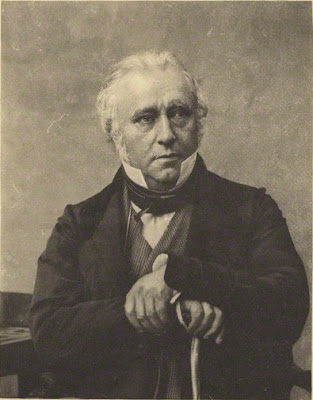A return to history

As History with a capital H makes a comeback, would we return to studying history? History is an endangered discipline now. There are those who believe study of the past is rather meaningless, when we can just create - with the power of technology - the future. And, then, there are those who use history all the time - or rather, make it up - to further their own goals. For them, unlike the historians, the lure of the past is due to its obscurity, its uncertainties and tentative nature. Instead, they confidently create the narratives of the past that they want - shaping and controlling it in their bid to own the future. However, history as political propaganda isn't really that new, but it's not history. At the core of history, there is a search for truth, even when such truth may be unknowable. It's true even the best of history writing is a narrative, an interpretation of what happened, and there are inevitably a lot of missing parts. But what distinguishes history from ...



